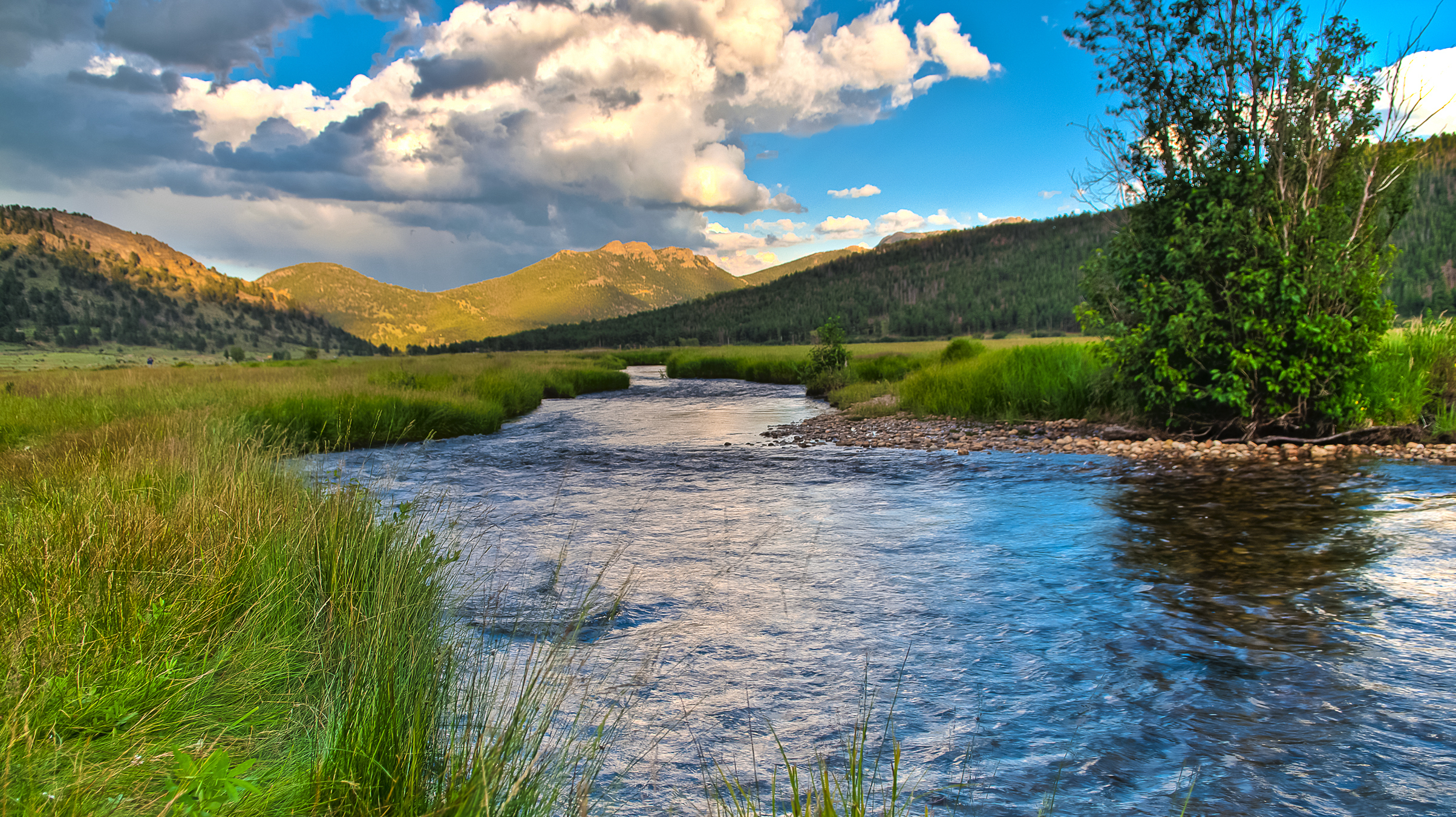Memorial Day weekend marks the unofficial beginning of the summer season, and it is the weekend when Coloradans and traffic start to kick off their summertime adventures and Live Life Outside. With pro recreationists and freshmen heading into the outdoors, Colorado Parks and Wildlife reminds everyone that participating in the state’s wealth of outdoor activities also comes with responsibilities.
“This weekend is the real beginning of summertime, and one of the first-rate elements of working at CPW is seeing anyone get outdoors to hike, fish, hunt, boat, and camp,” stated Michelle Seubert, Park Manager at Barr Lake State Park, in a company news launch. “But it’s critical that as people prepare for outdoor fun, they keep safety in mind.
 “As we kick off the season, it’s the right time to test policies and ensure everyone has the right gadget for our favorite activities. Being prepared is one of the huge parts of having a safe and fun summertime.” Below are a few policies and recommendations for thoroughly participating in our country this summertime.
“As we kick off the season, it’s the right time to test policies and ensure everyone has the right gadget for our favorite activities. Being prepared is one of the huge parts of having a safe and fun summertime.” Below are a few policies and recommendations for thoroughly participating in our country this summertime.
Boating necessities and safety:
In Colorado, anyone running a motorboat, a personal watercraft, or a sailboat must be at least 16 years old. However, youths 14 and 15 can function as motorboats, jet skis, or sailboats if they efficaciously complete the nation’s Boating Safety Course. The route is obtainable at some point in the country and is open to adults and teenagers; even though adults are not required to take the direction, doing so may also qualify owners for a discount on boat insurance.
US Coast Guard-permitted protection equipment is needed on all boats. Though some activities and water snowboarding require extra gadgets, each ship must have a private flotation tool for everybody on board minimally. The Boating Regulations brochure details the requirements for all boating and PWC activities in Colorado.
Never perform any watercraft while underneath the impact. Drinking and boating may be just as dangerous, if no longer more so, than consuming and driving. Not only will operators revel in poor results on judgment, imagination, vision, balance, coordination, and response times related to alcohol consumption. However, they’ll additionally be suffering from “Boater’s Hypnosis.” A boater’s hypnosis, or fatigue, is due to exposure to noise, vibration, solar, glare, wind, and movement experienced at the water. In Colorado, a BUI may be punishable by 12 months in prison, lacking boating privileges for three months, fines as much as $1,000, and 96 hours of community carrier.
Boat proprietors should participate in mandatory country-certified boat inspections to prevent the spread of zebra, quagga mussels, and other aquatic nuisance species (ANS) in Colorado lakes and reservoirs. Boat proprietors are also required to buy the ANS Stamp, and operators must hold the evidence of purchase (digital or printed receipt) on his or her person, the motorboat, or sailboat while running the vessel. Invasive aquatic nuisance species are a critical hazard to Colorado waters, negatively affecting the meal chain and endangering key infrastructures. To help prevent the spread of zebra and quagga mussels, boaters must not forget to observe these steps: Clean, Drain, Dry.
Living with the natural world:
Colorado is lucky to rely on 900 natural world species among our citizens. Respecting flora and fauna, even as taking part in our kingdom’s herbal treasures, is all of our duty. Most risky encounters occur because people fail to leave wild animals alone. Wildlife must not be careworn, captured, domesticated, or fed. Intentional or unintentional feeding is the major reason for most wildlife troubles, no longer to mention it’s illegal to feed deer, bighorn sheep, mountain goats, pronghorn, bears, and elk in Colorado.
Spring and early summer are the season for younger flora and fauna, and it’s vital to remember the fact that flora and fauna do now not function in the identical way domesticated animals do. They frequently go away when they are younger to discover meal sources or distract predators. If you see a younger animal by yourself, never attempt to take subjects into your palms — it is fine to allow nature to take its direction without human intervention. If an animal is injured or stays alone for more than 24 hours, then call your nearest CPW workplace. Remember while making plans for trekking and camping journeys that an awful lot of the country is likewise enduring.
Before heading out on your adventures, brush up on how to enjoy the outdoors in the USA without, by chance, developing problems or ability conflicts with these high-quality animals. Black bears are not certainly competitive with humans, but they may be strongly motivated by meals, garbage, and anything else that smells like a meal. Once they learn how to locate a smooth meal at a campsite or in a vehicle, they could harm belongings or injure human beings while returning to discover extra food.












